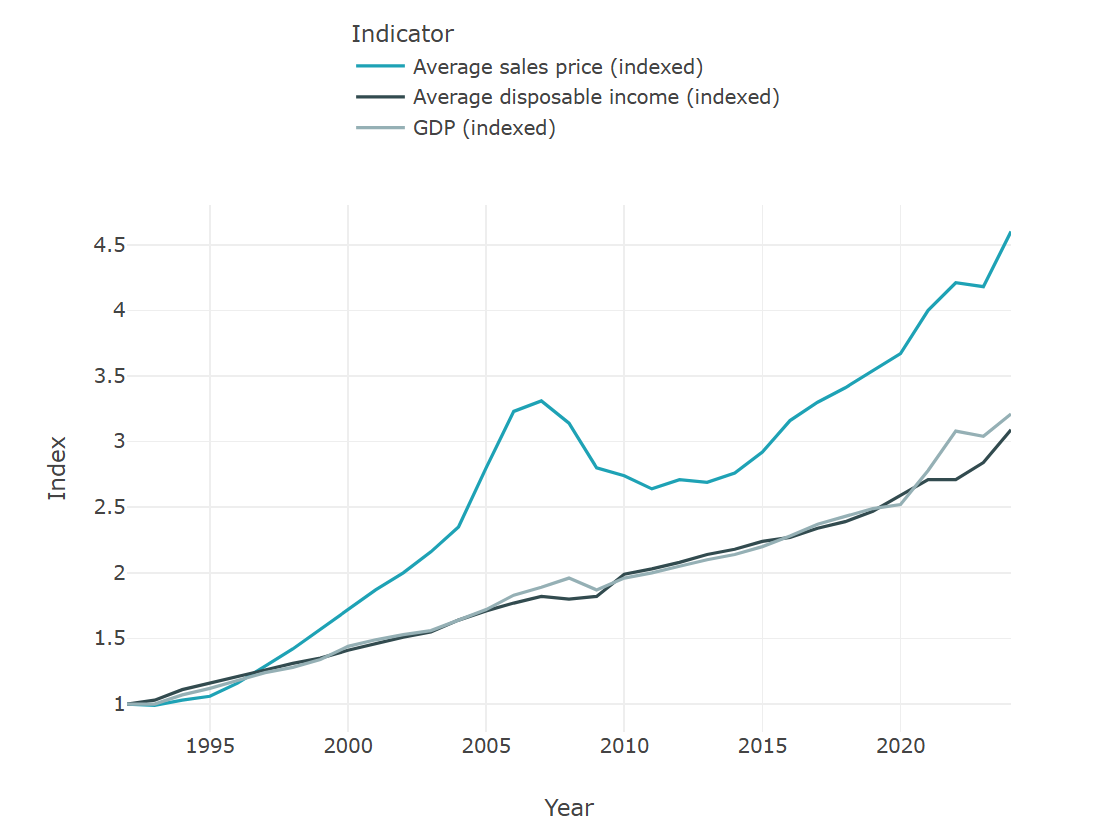After Jyllands-Posten newspaper published the Mohammed cartoons in 2005, they were reported for blasphemy. Not in Pakistan, whose blasphemy laws have been subject to international criticism, but here in Denmark.
Denmark's own blasphemy law makes it an offence to "mock legal religions and faiths in Denmark", and according to a study carried out on behalf of the liberal think-tank CEPOS, 66 percent of the 1,000 Danes questioned answered that the law should not be repealed.
CEPOS’s director of legal affairs, Jacob Mchangama, told Berlingske newspaper that he was disappointed by the result.
“Blasphemy laws legitimise a culture of offence that leads to violence and dissatisfaction in parts of the world,” Mchangama said. “If Denmark is to have credibility when we criticise blasphemy laws in Pakistan, for example, or we act in disbelief toward people that react violently to a film on YouTube that is critical of Islam, then we have to repeal our own blasphemy law.”
Danish social and immigration minister Karen Hækkerup (Socialdemokraterne) cancelled her appearance at an anti-radicalism conference in order not to share the stage with a Muslim scholar that had helped fashion Pakistan's blasphemy laws.
According to Berlingske, there have only been two successful convictions using the Danish blasphemy law in the past decade. The last charge of blasphemy was made in 1971, though it has since been used to report people to the police, for example the reporting of Jyllands-Posten for publicising the Mohammed drawings and the supermarket Kvickly for selling sandals bearing the images of Jesus and the Virgin Mary.
Despite the fact that the law is no longer used, and is in a sense defunct, only a third of the Danes polled wanted to repeal it.
According to Tim Jensen, a religions expert from the University of Southern Denmark, the law reflects the need for respect between different cultures, but also could be used by groups to demand special status.
“Danes may see the blasphemy law as helping integration because it promotes the acceptance of a multicultural and multi-faith society,” Jensen told Berlingske. “But it can also be problematic if it reflects a belief that the feelings of religious people have a special status and require special protection.”
Dansk Folkeparti has often talked of repealing the law after it was used to report Jyllands-Posten for publishing the Mohammed drawings in 2005. The year before, public broadcaster DR was reported to the police under the blasphemy law for showing the film 'Submission' that is critical of Islam.
Anyone found guilty of blasphemy faces a four-month jail sentence or a fine.













